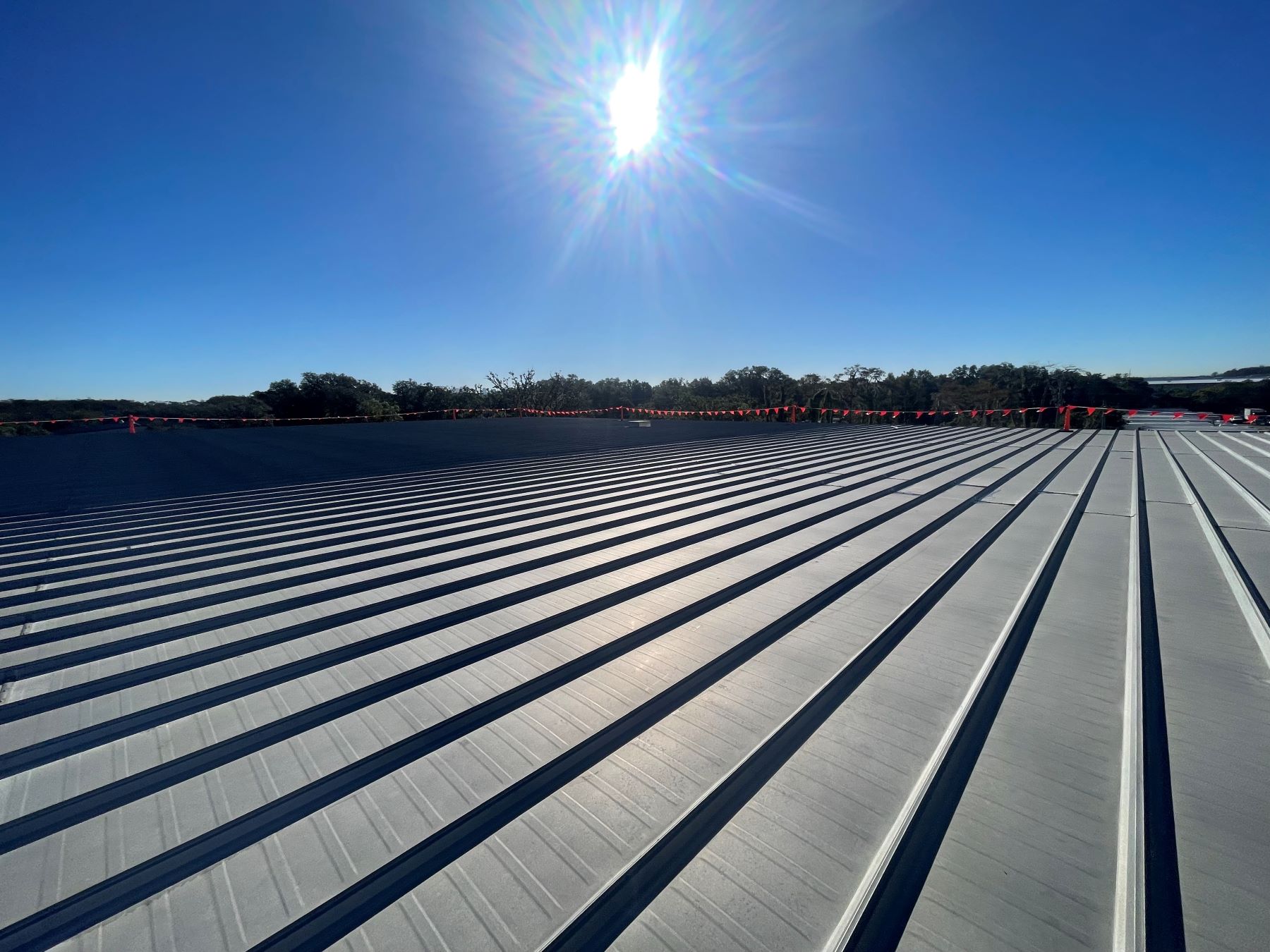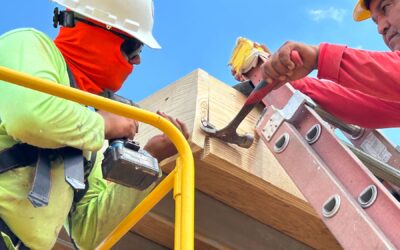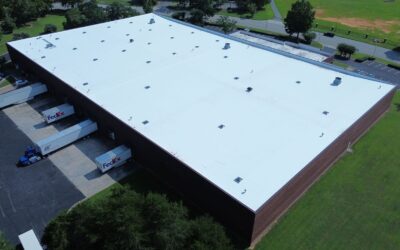When it comes to commercial properties, the roof often goes unnoticed until something goes wrong. Leaks, cracks, or even minor damage can lead to significant problems, including costly repairs and potential safety hazards. However, a well-maintained roof can do much more than just protect your building from the elements. It plays a crucial role in enhancing the value of your commercial property, making it more attractive to potential buyers, tenants, and investors. Here’s how proper roof maintenance can boost the value of your commercial property.
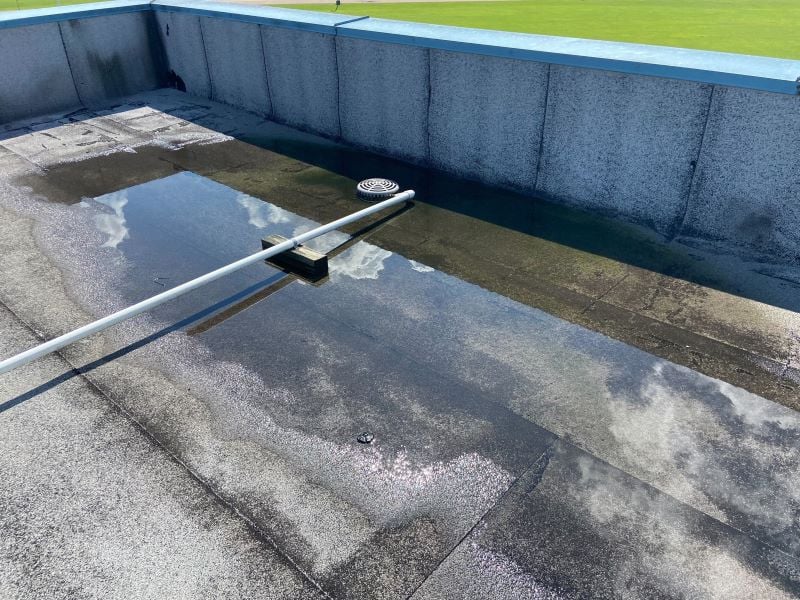
1. Prolongs the Lifespan of Your Roof
One of the most obvious benefits of regular roof maintenance is the extended lifespan of your roof. Commercial roofs are expensive, and replacing them can be a significant financial burden. However, routine inspections, repairs, and maintenance can significantly extend the lifespan of your roof, allowing you to get the most out of your initial investment. By addressing small issues before they turn into major problems, you ensure that your roof remains in top condition for many years, which in turn keeps the overall value of your property intact.
When potential buyers or tenants look at a commercial property, they want to know that they won’t have to face costly repairs or roof replacement soon after moving in. A well-maintained roof assures them that the property is in good condition, which enhances its marketability and overall value.
2. Improves Energy Efficiency
A well-maintained roof can also improve the energy efficiency of your commercial property. Over time, roofing materials can degrade, leading to gaps, cracks, or areas where air can escape. This can result in higher heating and cooling costs as your HVAC system works harder to maintain a comfortable temperature. By keeping your roof in good condition—sealing leaks, cleaning gutters, and replacing damaged materials—you can improve the insulation of your building, reducing energy loss.
For commercial properties, this is an attractive feature for potential tenants or buyers who are looking to minimize operational costs. An energy-efficient roof can lower utility bills, making the property more appealing and increasing its long-term value. Many property owners are also seeking green certifications, and energy-efficient roofs can contribute to earning certifications, further enhancing the property’s value and appeal.
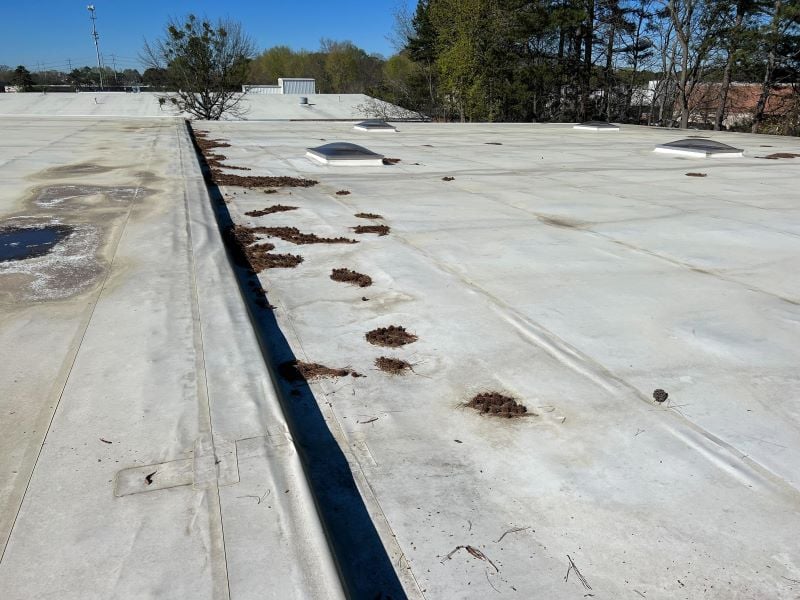
3. Prevents Costly Water Damage
Water damage is one of the most common and destructive issues that can arise from a poorly maintained roof. Leaks, clogged gutters, or damaged flashing can allow water to infiltrate your building, causing extensive damage to the interior, electrical systems, and structural integrity of the property. This can lead to expensive repairs, a significant reduction in property value, and potentially costly insurance claims.
Routine roof maintenance, such as checking for leaks, cleaning the gutters, and ensuring proper drainage, helps prevent water from seeping into your building. By addressing these issues early on, you avoid major damage that could decrease the value of your property. Buyers and tenants will be more confident in a property that has been well-maintained, knowing they won’t have to deal with the potential headaches and expenses associated with water damage.
4. Enhances Curb Appeal
Curb appeal is not just important for residential properties—it matters for commercial properties too. The appearance of your building can have a significant impact on how prospective tenants or buyers perceive the property. A roof that is in good condition contributes to a professional, well-maintained appearance, which can create a positive first impression.
On the other hand, a roof with visible signs of damage, like missing shingles or stains, can detract from the overall aesthetics of the building. It can signal to potential buyers or tenants that the property has been neglected, reducing their interest in it. Regular roof maintenance, including cleaning, repainting, and minor repairs, helps maintain the aesthetic appeal of your building and increases its attractiveness, ultimately enhancing its value.
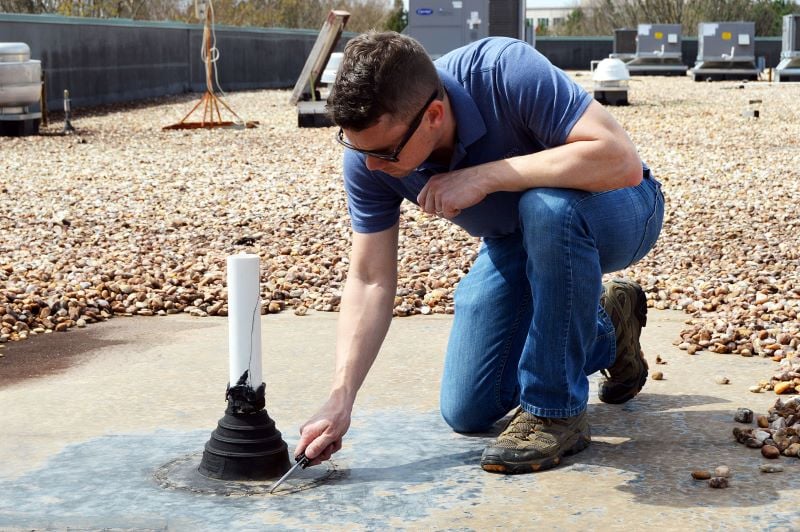
5. Reduces Liability Risks
A poorly maintained roof can pose a significant liability risk to your commercial property. If a roof is in disrepair, it can lead to accidents, such as falling debris or leaks that cause slip-and-fall incidents inside the building. These safety risks not only harm your reputation but also expose you to potential legal claims and costly insurance payouts.
Maintaining a safe roof by inspecting for hazards like loose tiles, damaged flashing, or weakened structures helps mitigate these risks. A roof that is in good condition provides peace of mind for tenants and visitors, reducing the chances of accidents and legal complications. Properties with a lower risk of accidents are more appealing and tend to retain higher value over time.
6. Increases Tenant Retention and Attraction
For commercial properties with tenants, keeping the roof in good shape is critical for tenant retention. If tenants experience issues with leaks or roof damage, they may be less likely to renew their leases. Moreover, a well-maintained roof can make your property more attractive to prospective tenants, who are less likely to move into a building that requires immediate repairs or maintenance.
Having a roof that’s in excellent condition sends a message that you take care of the property, which can foster long-term, positive relationships with your tenants. Happy tenants are more likely to stay longer, reducing vacancy rates and increasing the overall value of the property.
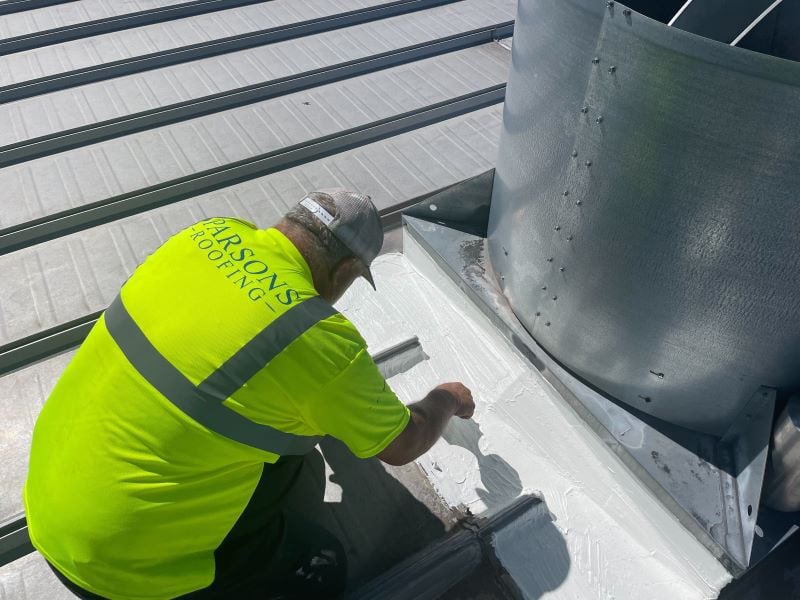
Conclusion
A well-maintained roof is not just about protecting your building—it’s also about maintaining and increasing the value of your commercial property. From prolonging the lifespan of your roof to improving energy efficiency and enhancing curb appeal, regular roof maintenance offers numerous benefits that can enhance the attractiveness, functionality, and market value of your property. Whether you’re looking to sell, lease, or simply protect your investment, a little maintenance today can go a long way in securing the long-term value of your commercial building.

